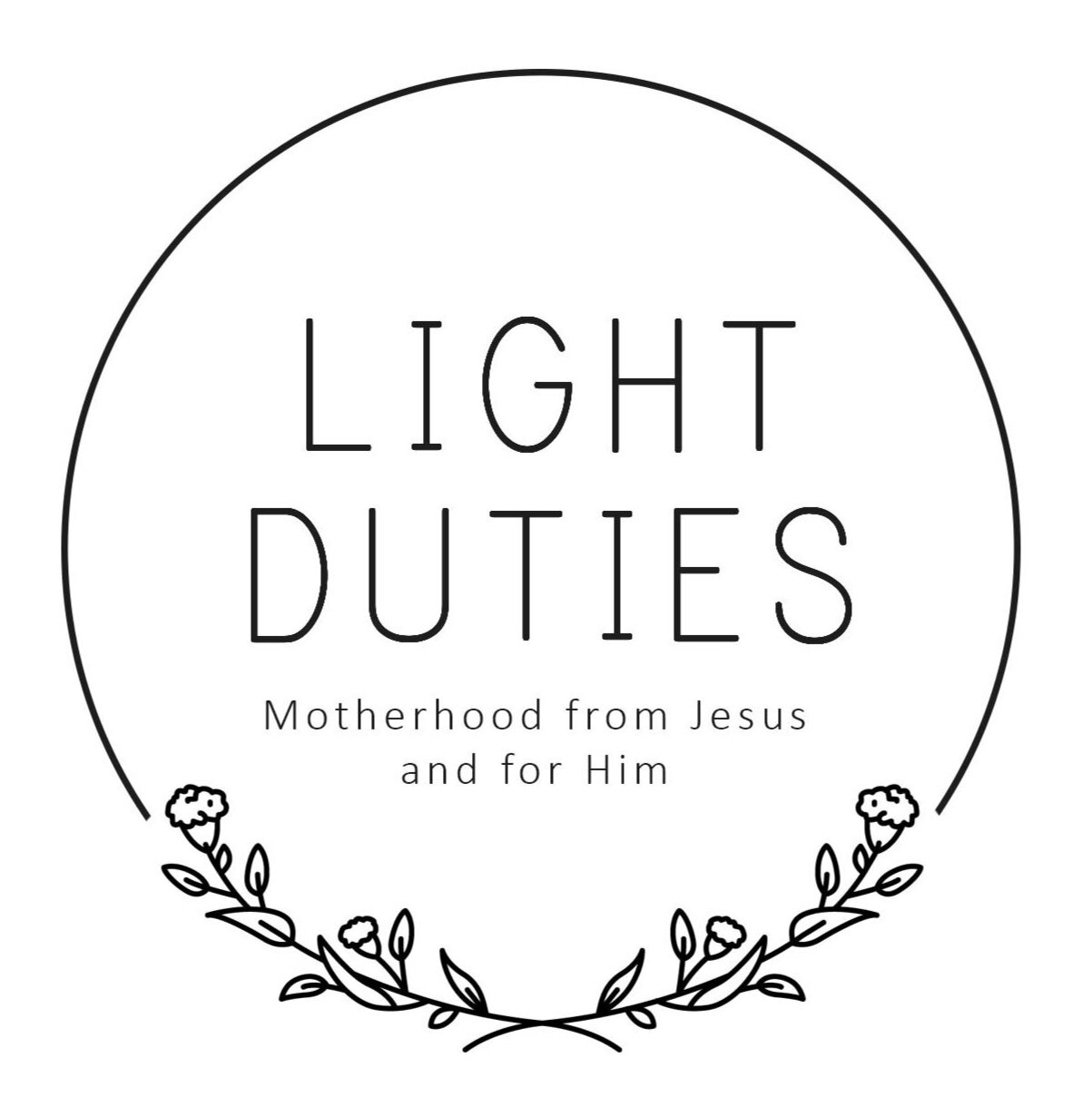Seeds Buried
photo credit: Pedro
The autumnal Easter has always felt right to me. In Australia, we miss the springtime pageantry for Resurrection Sunday, but the metaphors of autumn are good for Good Friday. It’s a poetic time of year for a kind of burial.
Inspired by the Apostle Paul (and Jesus himself), I will plant some seeds on Good Friday. The fruits of last summer’s life have withered and died. That death needs to be received into the ground, as seed. Florid springtime glory starts with the dark, sombre sowing on these darker, cooler, quieter days.
Our family has just had a bright, shiny summer. My eldest son was married, which is too wonderful for words (what a common marvel that someone who was once entirely dependent on my body is now grown to be depended upon?!). The reception was held in our garden. The flowers that gloried on that occasion are now spent and aged, a few late blooms are now bobbing on leggy stems. The morbid sentimentalist in me wants to keep them as long as possible, a tangible connection to that wonderful day, but we don’t get to keep that kind of glory. All we can keep are the seeds.
I planted a stack of showy annuals when I knew we had eight weeks to prepare for the wedding. But the bones of the garden, the slower growing plants–the plants which will still be there mid-winter and perhaps for the weddings to come–those parts of the garden were built up in quieter, slower, darker times. Times which felt very different from that wedding. Times which grieved me. Times of dying to my own hopes and expectations; dying to my right to determine outcomes for the people I love. The garden work, in that time of bruising, kept me doing something while I felt paralysed in other ways. To do something when there was so much I could not do. To cultivate something good.
I could work on my sparse garden while I realised (all over again) that other people, especially our children, aren’t for cultivation. We nurture and nourish and serve and help. But we may not cultivate. We cultivate a home around our people, we cultivate atmosphere, habits, culture, knowledge, but we do not cultivate them. We water and sow but the Lord brings the growth.
In the years of feeling powerless, the garden took shape. It was a work I could see, something unemotional, that could change and become beautiful despite what I felt. I remember spending a lot of time low to the ground, dirt embedded between layers of my brittle fingernails, planting some hope for future beauty. I can remember which corners I was working on while praying through the strain, while realising that I needed to long for the glory of God more than I longed for life to be a particular way. A lot of my garden was sown with knotted emotions. From those quiet sorrows to the exhilaration of the great wedding festival, God only knows the extremes felt in that garden.
God’s wonderful works aren’t all bloom and fruit. In his generosity he might be withholding the thing we want, while giving the thing we need. The garden is a reminder that creation, loss, fear, imagination, abundance, emptiness, hope and decay all happen together. They are all part of God’s order, showing his glory, for our good. God’s tender mercies sometimes come to us buried, for a time.
My weeping garden gave way to joy again, but we live in the age of seasons and the temporary. There is now (and will continue to be) more dying off and more sowing, more flowering, fruiting and withering as long as we are in this perishable age. Every stage of life brings new ways to die to ourselves and live for God. Little (or large) acts of trust in Jesus’ surpassing greatness; little (or large) imitations of Jesus who died. Little (or large) rehearsals for our final death, the final displacement of the perishable by the imperishable.
When I sow seeds on Good Friday, I will be meditating on Jesus who was dead and buried for me. I plan to spend the Easter weekend studying 1 Corinthians 15, to glory in the surety of Jesus’ resurrection, and ours with him. Let each seed preach: Death is dead in the death of Christ!


